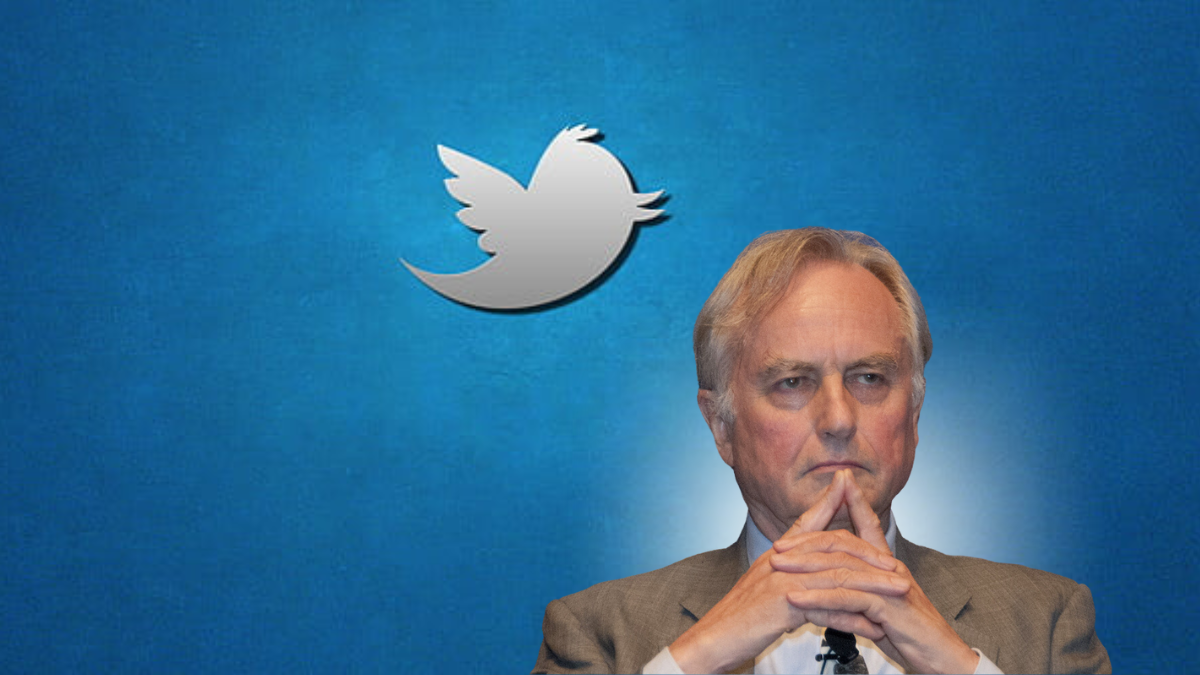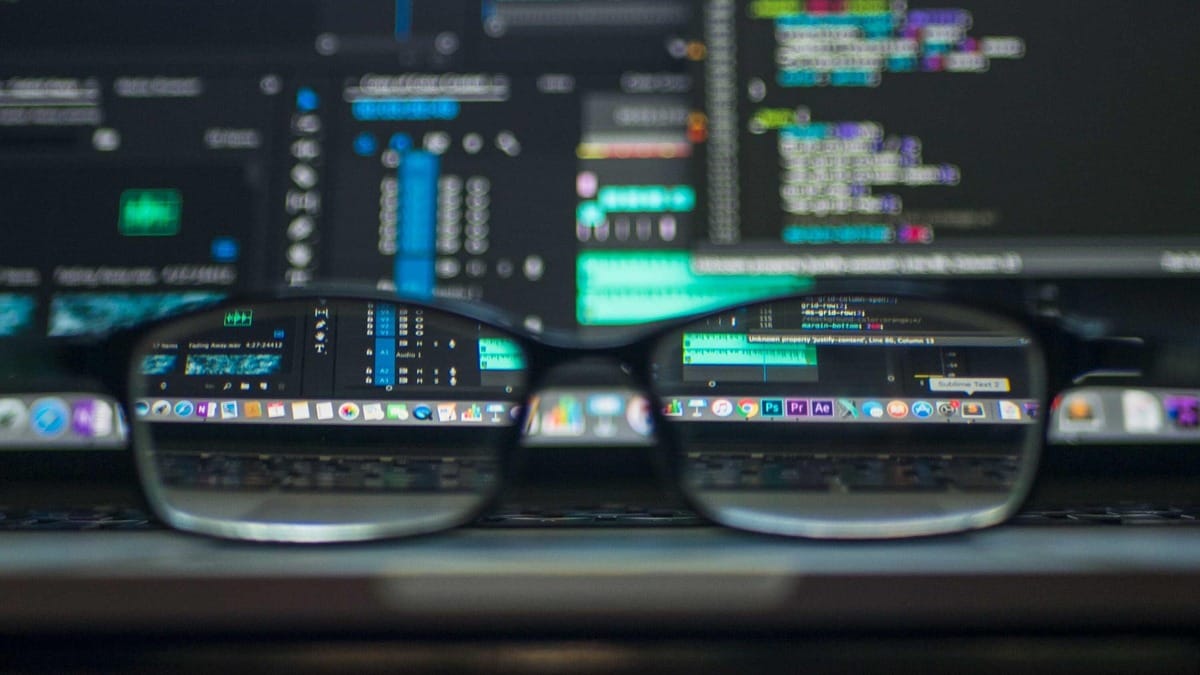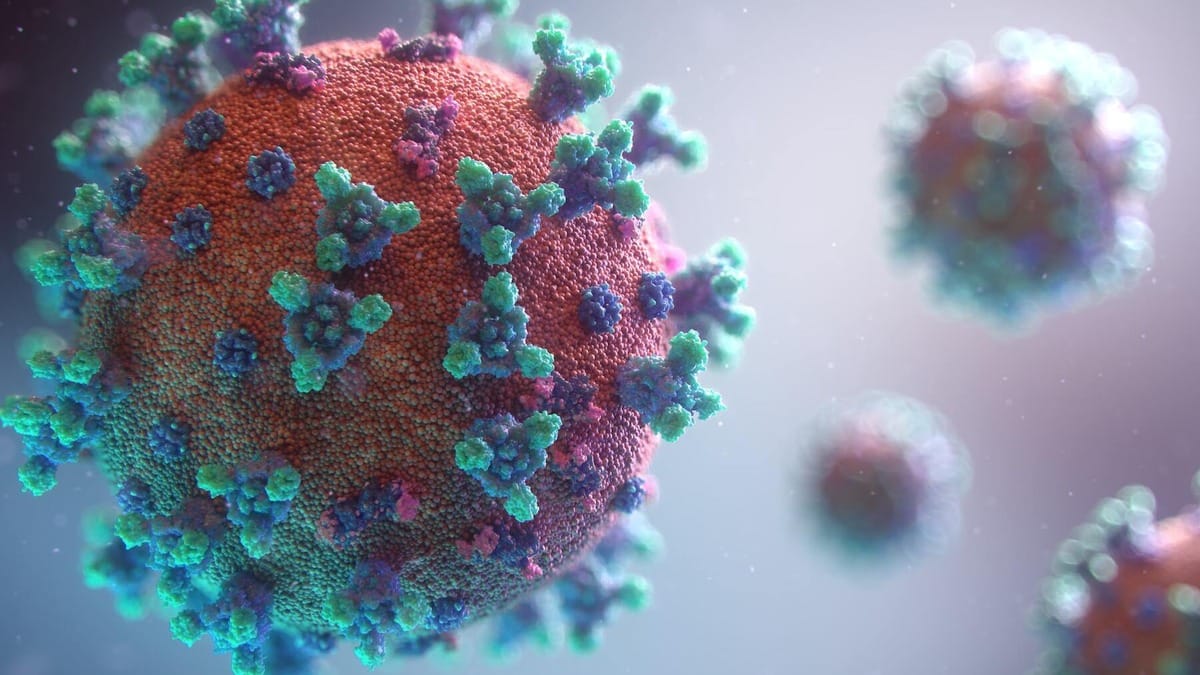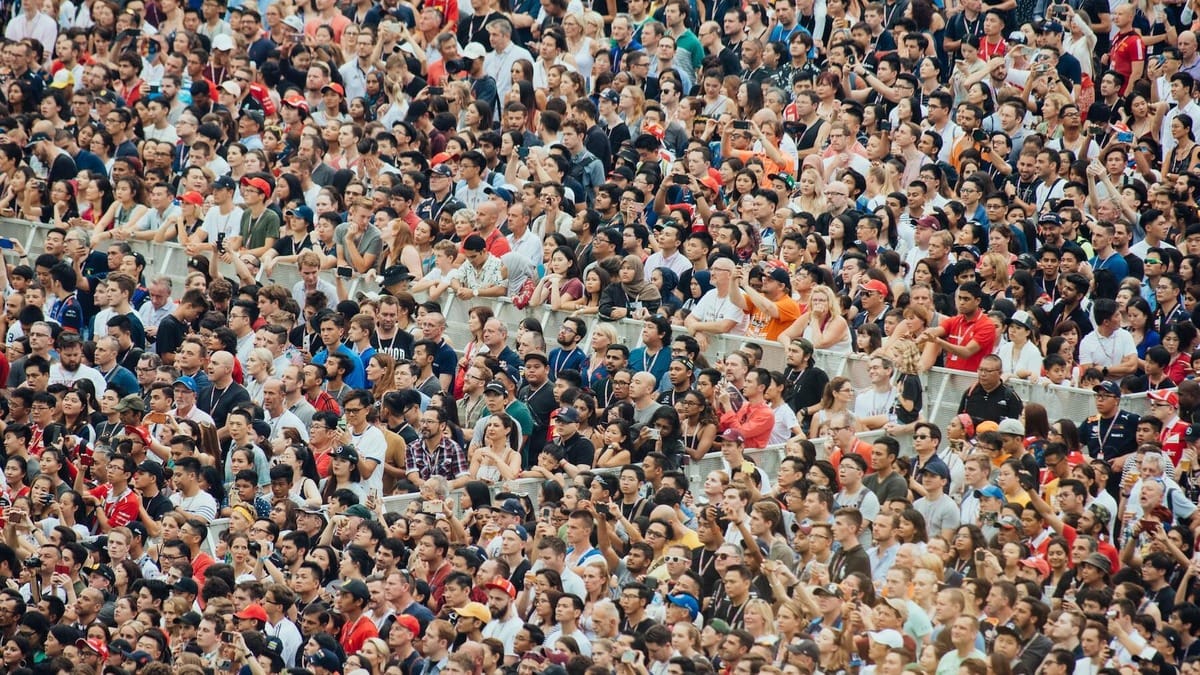Sociology
The pendulum always swings, until it doesn't
Have we finally reached a moment when American politics will not swing back?
The human archipelago
Like most modern toxins, AI's ability to isolate us proceeds with our enthusiastic permission.
Reducing crime in the coming years is easy—and we actually know how
Will the future include more or less violent crime? It depends on whether we rely on prayer, as many politicians are suggesting, or apply proven solutions.
Is AI art causing future shock or age-old economic anxiety?
The tech isn’t the problem. Our civic failure to grow along with it is.
Gen Z views are rapidly splitting in half by gender—and the gap is not small
Today’s young people are going through a significant shift. Young women appeared to be more concerned with and aligned to progressive values and issues, while young men are moving in a more conservative direction.
Reclaiming human agency in how we think about AI
Reading Time: 9 minutes Online panic about AI models like ChatGPT follows a well-travelled path set by impoverished understandings of evolutionary theory. Can we reclaim human agency?
Too many people
Wealthy, well-developed nations are nearing ZPG (zero population growth), which makes life better for everyone.
COVID-19 now haunts flu season: What other long term impacts can we expect?
Reading Time: 11 minutes It’s been a rough few days for anyone following flu season data. While China has eased zero-COVID restrictions in the face of protests, despite currently experiencing a surge in case count (along with Japan), North American hospitals face what the American Medical Associatio
Eight billion of us: What does that mean?
Reading Time: 4 minutes November 15 is the UN’s estimated date for the eight billionth person to join the living human species. We might have hit that number a few days prior, or a few weeks ago. We might meet it tomorrow, or the day after. But some of we eight billion really like the feel of concre
Anonymity, privacy, transparency, integrity: Do we even know the future we want?
Reading Time: 8 minutes In the late 2000s, research blossomed around our use of online avatars. Did our videogame icons and social media profiles represent our actual selves, our ideal selves, or something else entirely? And did they have a reciprocal impact, a “Proteus effect” that transformed self











